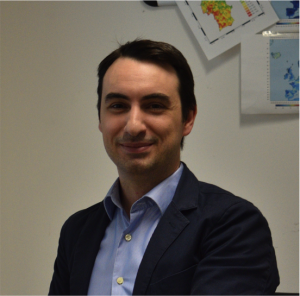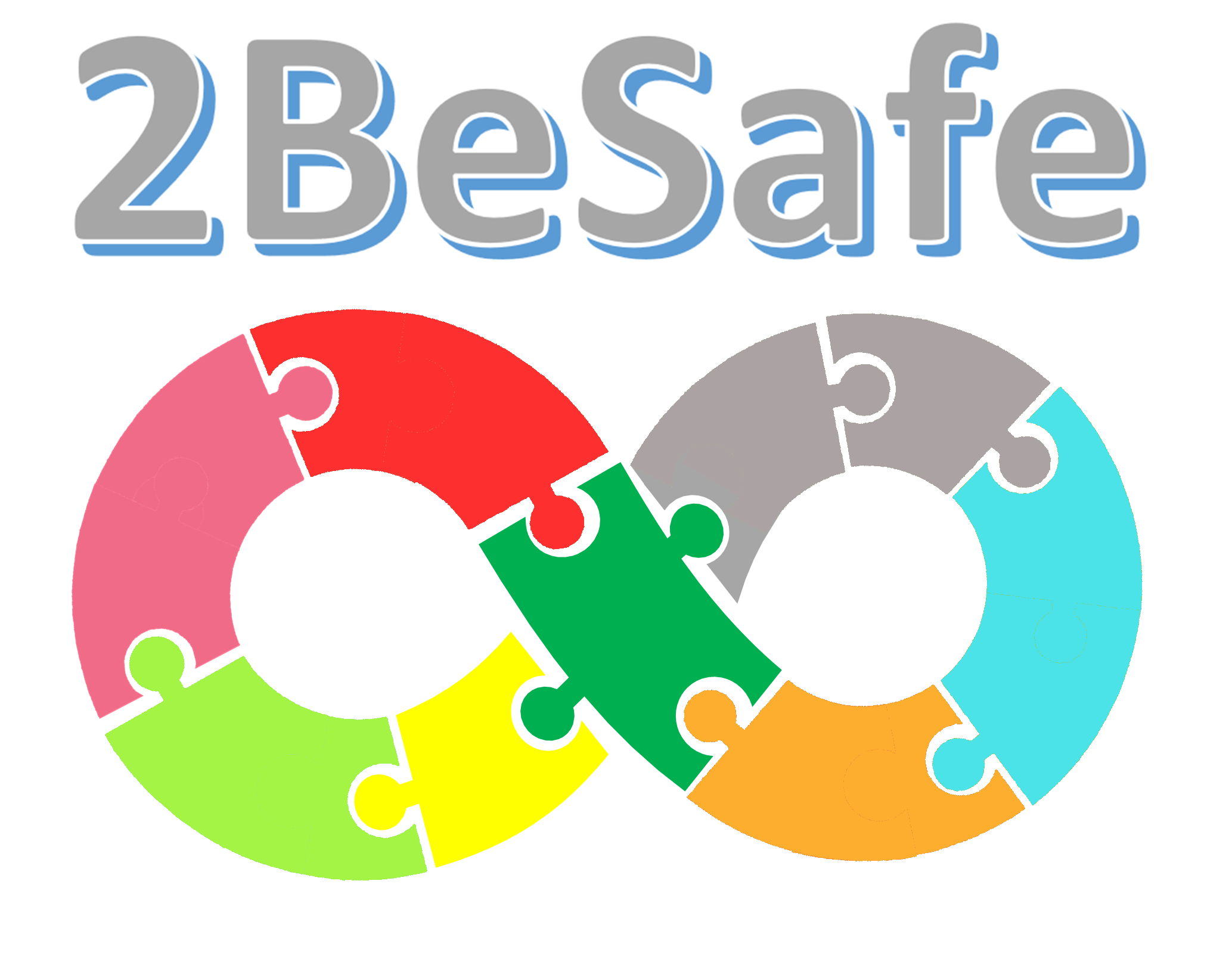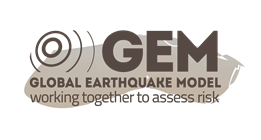
We are pleased to announce that Assoc. Prof. Vitora Silva will give a lecture on “Earthquake Risk Assessment: Are We Doing Enough?” on January 18, 2022 (Tuesday) starting at 14:00 in the lecture hall VP at the Faculty of Civil Engineering, Kačićeva 26, Zagreb.
A Covid certificate is required to attend the lecture. In addition to the live presentation, the lecture will be accessible remotely via a link:
Title: Earthquake Risk Assessment: Are We Doing Enough?
Description: In 10 years the world population will reach 8.1 billion, and by 2050 this number is expected to exceed 10 billion. The human race is expected to build more infrastructure in the next three decades, than everything that was ever built until 1970. This growth of the population and capital stock has led to an increase of human settlements located in areas prone to natural disasters. This situation is exacerbated by the effects of climate change and the ageing of the existing building stock. Despite the overwhelming evidence of the dynamic nature of earthquake risk, current disaster risk management is mostly informed by static risk information. Consequently, risk reduction strategies might rapidly become obsolete, insufficient and inadequate to properly address disaster risk.
This presentation discusses the current practice in earthquake risk assessment at various scales, and identifies several issues that will cause an increase in the expected impact due to earthquakes in the next 3 decades.
Short bio: Vitor Silva is the Seismic Risk Coordinator at the Global Earthquake Model (GEM) Foundation, and an Associate Professor at the University Fernando Pessoa in Portugal. He leads studies in structural vulnerability and probabilistic seismic risk assessment in dozens of countries, and participates in a multitude of International, European and regional projects. His research covers the assessment of earthquake impact at the global scale, incorporation of the temporal component in earthquake risk, and exploration of machine learning technology in the assessment of earthquake hazard, vulnerability and exposure. He has authored more than 100 publications in international peer-reviewed journals and conference proceedings and was the recipient of the Shah Family Innovation Award by the Earthquake Engineering Research Institute in 2018, the Natural Hazards Division Outstanding Early Career Scientist Award by the European Geosciences Union in 2020 and Earthquake Spectra Outstanding Paper Award in 2021.




